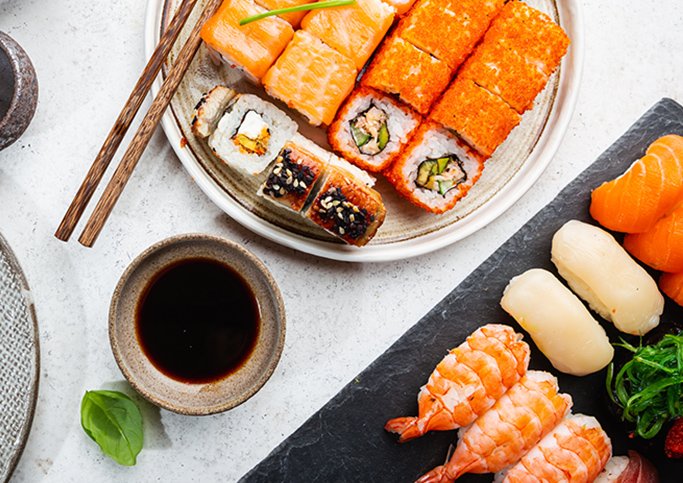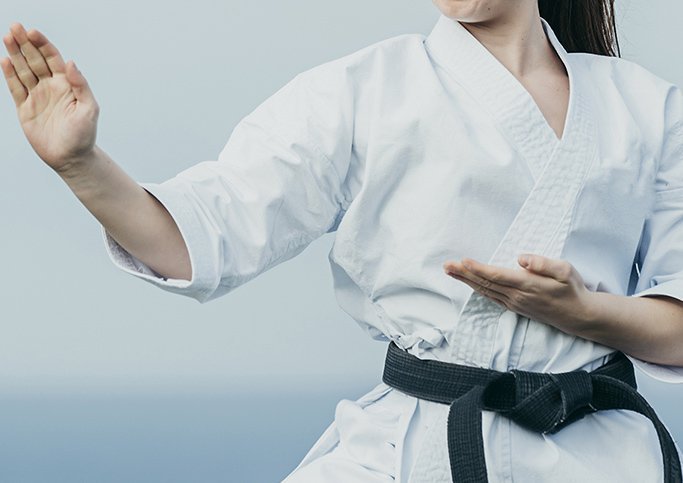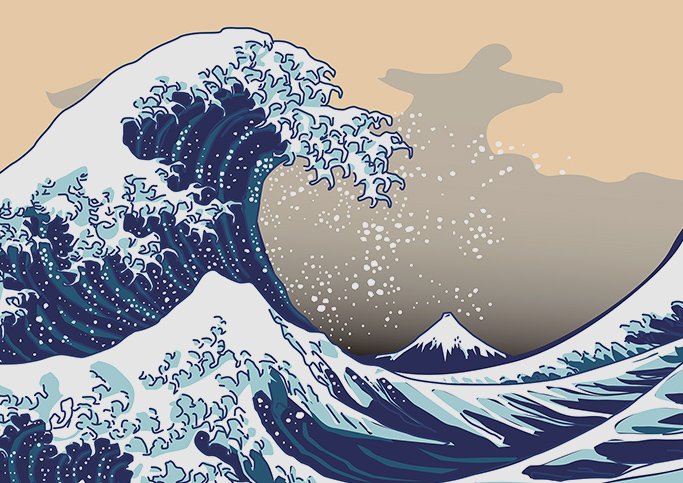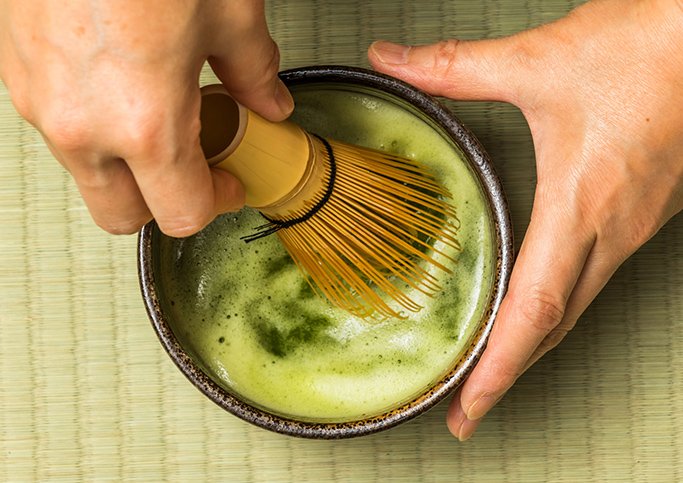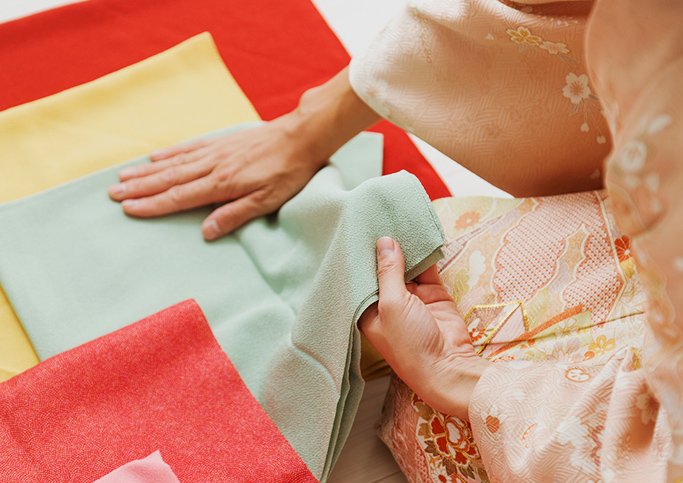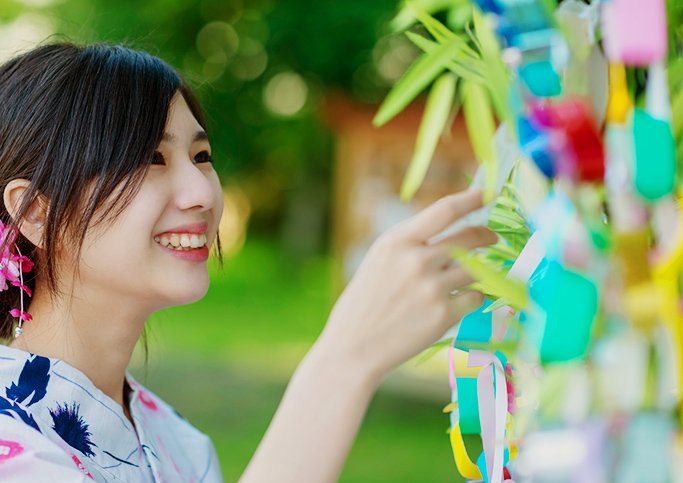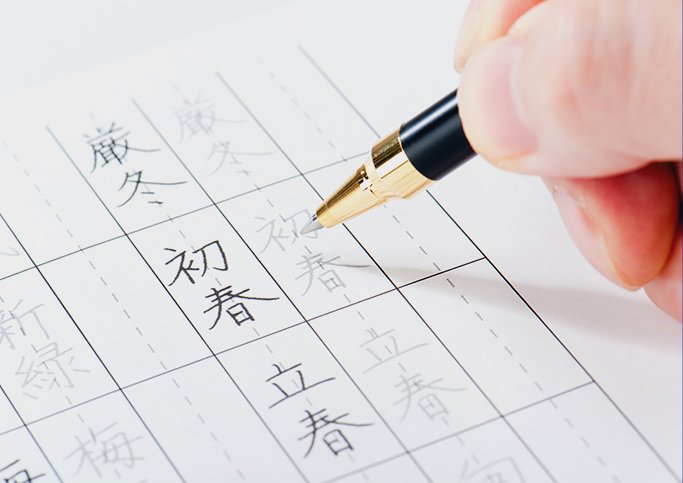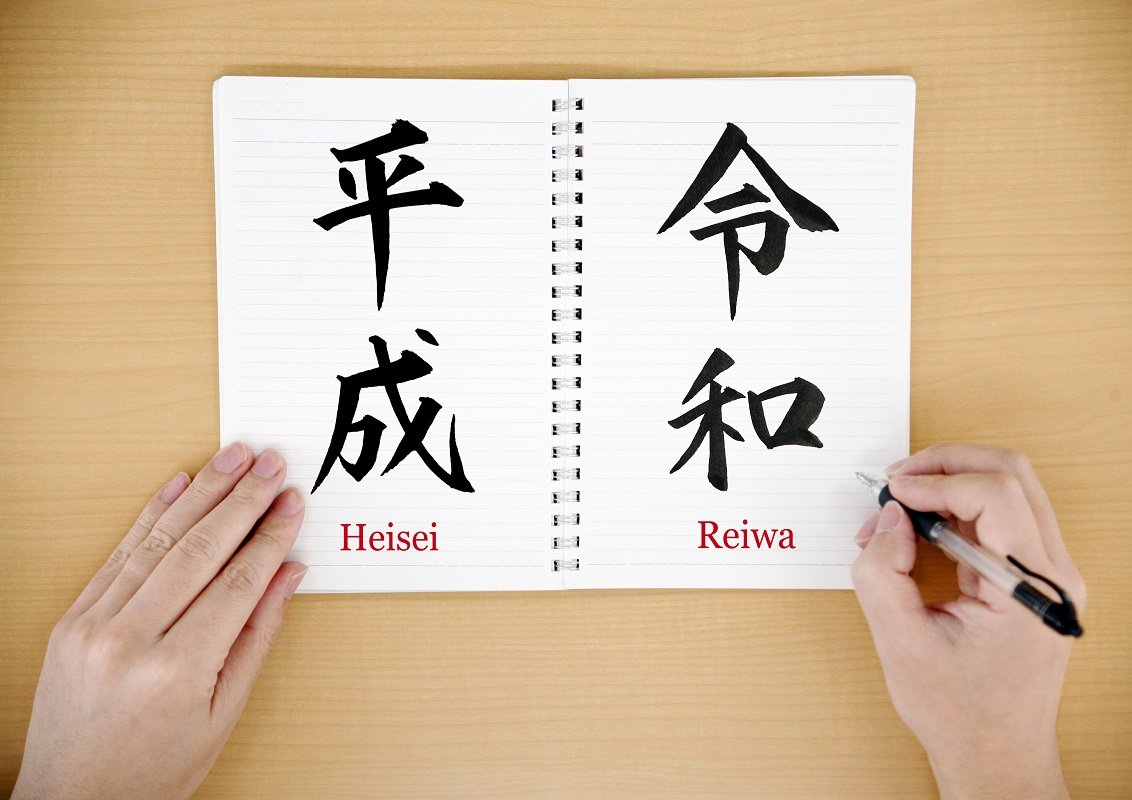
praise
sugoi / subarashī / suteki / īne / sasuga… Expressions you can use to praise others in Japanese
6/25/2021
When a friend achieves an excellent result, you want to express your feelings with compliments and enjoy together. How do you say something in Japanese when you want to praise someone? In Japan, various expressions are used depending on the relationship with the person being praised, the content of the praise, and the speaker's feelings when praising. Let's learn how to give compliments using expressions other than the standard “いいね” (īne) and “いいですね” (īdesu ne).
1. すごい(sugoi)
“すごい” (sugoi) is a compliment that Japanese people often use. It is used anytime when you are impressed by the other person's attitude and behavior, or when you think "This is good!" It is an expression that you feel intuitively rather than thinking.
Example
ひとりでここを掃除したの?すごい!
Hitori de koko wo sōji sita no? Sugoi!
Did you clean this place by yourself? Amazing!
Example
すごい!まるでプロが作ったみたいな料理だ!
Sugoi! Marude puro ga tsukutta mitaina ryōrida!
Wow! It's like a professional cook!
“すごい” (sugoi) is used for people who are very close to you, but when you are not yet close to the person you want to praise or when the person you are talking to is older, you use a honorific expression and say “すごいです” (sugoi desu).
Example
ギターがたった1週間で弾けるようになったんですね!すごいです!
Gitā ga tatta 1-shūkan de hikeru yō ni natta n desu ne! Sugoi desu!
So you learned to play the guitar in just one week! That's amazing!
To express "That's great!", use “すっごい!” (suggoi!), “すっご!” (suggo!), or “すご~い!(sugōi!). These expressions are very casual, so let's use them with friends. If the person you're talking to is a senior, even if you use “です” (desu) to express respect, such as “すごいです” (sugoi desu), it sounds rude to him/her.
Example
すっご!こんなきれいな空、初めて見た。
Suggo! Konna kirē na sora, hajimete mita.
Amazing! I’ve never seen such a beautiful sky.
Example
あの空見て!すご~い!
Ano sora mite! Sugōi!
Look at that sky! Awesome!
2. 素晴らしい(subarashī)
“素晴らしい” (subarashī) is a more polite expression than “すごい” (sugoi). You can tell the other person that you are “impressed” or “deeply felt.” And unlike the intuitive “すごい” (sugoi), it's often used when you want to give a reason for compliments.
Example
この絵は才能を感じさせます。素晴らしい。
Kono e wa sainō wo kanji sasemasu. Subarasī.
This picture gives me a sense of talent. Great.
When you are not yet close or older, use honorifics such as “素晴らしいです” (subarasī desu) instead of “素晴らしい” (subarasī). The honorific is a beautiful expression that clearly conveys politeness and sincere admiration to the other person, so say it with feeling.
Example
5か国語が話せるんですね。素晴らしいです。
Gokakokugo ga hanaseru n desu ne. Subarasī desu.
You can speak five languages. It’s wonderful.
[日本のことが気になる?一緒に日本語を学びませんか?]
3. 素敵(suteki)
“素敵” (suteki) is a convenient word that can be used in any situation, just like “すごい” (sugoi). You can say “素敵” (suteki) when you see fashionable clothes, or you can say “素敵” (suteki) when you see people who live their lives politely and in their own way. You can also say “素敵” (suteki) when you see an enchanting landscape that looks like a painting. The word “素敵” (suteki) is used when you feel “fashionable,” “comfortable,” or “somewhat happy.”
Example
素敵!その服どこで買ったの?
Suteki! Sono fuku doko de katta no?
Cool! Where did you buy that outfit?
Example
桜並木だ!素敵!
Sakura namiki da!Suteki!
Cherry trees! So pretty!
“素敵” (suteki) is always useful, but men rarely use this expression. This expression seems to have something to do with giving the listener a feminine impression. Other than “素敵” (suteki), “いいね!” (īne!) is an expression that is easy for men to use in various situations. “いいね!” (īne!) can be used regardless of gender.
4. いいね(īne)
Like “すごい” (sugoi), “いいね” (īne) is heard in a variety of situations. It differs from “すごい” (sugoi) in that it is less of a compliment. “いいね” (īne) is a term you can use when you agree or agree with someone, but the meaning of praise is not strong, so it's not appropriate when you really want to praise them.
If the person you are talking to is older than you or your boss, you should always use the honorific such as “いいですね” (īdesu ne) instead of “いいね!” (īne!), but that's not enough. “いいね!” (īne!) is not simply a compliment, but can be interpreted as a judgment of right or wrong, which can give a cocky impression.
Let’s see the example below. This is a case that a subordinate is impressed by his superior's opinion in the company.
Example
いいですね!わたしも賛成です。
?desu ne! Watasi mo sansē desu.
That‘s a good idea. I agree.
The subordinate was genuinely impressed by his boss's opinion and used the phrase “いいですね!” (īdesu ne!). However, some superiors may think that it is cheeky for a subordinate to judge whether something is good or bad. To prevent such misunderstandings, we use the phrase “いいですね!” (īdesu ne!) and then add “私も賛成です” (watasi mo sansē desu) to indicate that you agree.
5. さすが(sasuga)
The word “さすが” (sasuga) is also a compliment, but not only as a simple compliment, but also as an expression of deep admiration.
Example
この料理おいしい!さすが!
Kono ryōri oishī! Sasuga!
This dish is delicious. That is as good as I expected!
The speaker praises the food in front, and at the same time, he/she praises the past ability of the cook to make many delicious dishes. People who are praised are very happy because the speaker also tell that he/she knows and acknowledges their ability.
In Japanese, there are many ways to say compliments. Instead of always praising others in the same way, it would be nice to be able to use compliments that match your feelings at the time. In addition, using more sophisticated, intentional compliments, such as “さすが!” (sasuga!), will be even more fun. If you are interested in the Japanese language, why don't you sign up for a free membership to Human Academy Japanese Language School Plus. You can experience practical Japanese lessons by experienced teachers for free.
CATEGORIES
FEATURED TAGS
RECOMMENDATION
-
 報BUSINESS TERMS
報BUSINESS TERMSWhat is ”Ho-Ren-So”, one of the basic manners when working in Japan?
10/30/2020
-
 伝WORDS & GRAMMAR
伝WORDS & GRAMMARWhat is easy Japanese?
10/30/2020
-
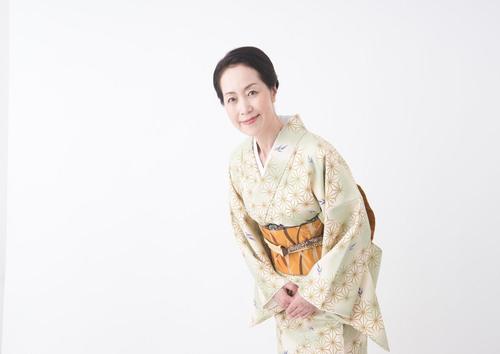 礼MANNERS
礼MANNERSJapanese greeting customs and origins. What are the greetings from other countries?
10/30/2020
-
 戯COMIC & GAME
戯COMIC & GAMEThe roots of animation and manga? Introducing bird and beast caricatures
10/30/2020
-
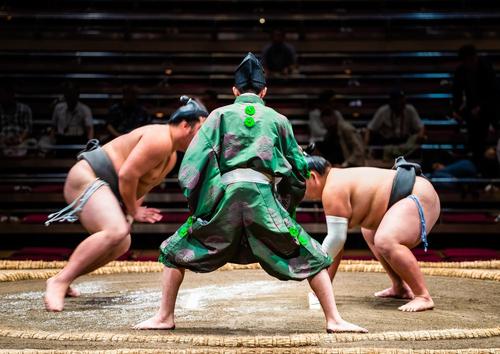 戦SPORTS
戦SPORTSThe history of sumo goes back to the mythical world! ?? Transition from myth to modern times
10/30/2020
LET’S PLAY
KARUTA!
Do you know the meaning of this...
NEXT...
FURTHER EXPLORATION
INTERESTED
IN JAPAN?
WHY DON’T YOU
LEARN JAPANESE WITH US?
START LEARNING
JAPANESE
WITH HUMAN ACADEMY!
ONE OF
THE MOST POPULAR
JAPANESE
LANGUAGE SCHOOLS
JAPANESE
LANGUAGE SCHOOL
OFFERING EXCELLENT
DETAILED LESSONS

ONLINE SCHOOL
- Learn with your classmates from all over the world
- Variety of Courses for All Needs
- FREE Trial Lesson available

TOKYO, OSAKA
- Offer the Best Curriculum for You
- Make New Japanese Learning Friends
- Many Opportunities to Practice Japanese
MAKE FURTHER
STEPS
WITH HUMAN ACADEMY!
ONE OF
THE MOST POPULAR
JAPANESE
LANGUAGE SCHOOLS
JAPANESE
LANGUAGE SCHOOL
PRODUCING MANY
JLPT N1 CERTIFIED
STUDENTS!

ONLINE SCHOOL
- Learn with your classmates from all over the world
- Variety of Courses for All Needs
- FREE Trial Lesson available

TOKYO, OSAKA
- Support Your Higher Goal of Japanese Learning
- Perfect Environment for Japanese Learners
- Learn with Your New Japanese Study Mates



